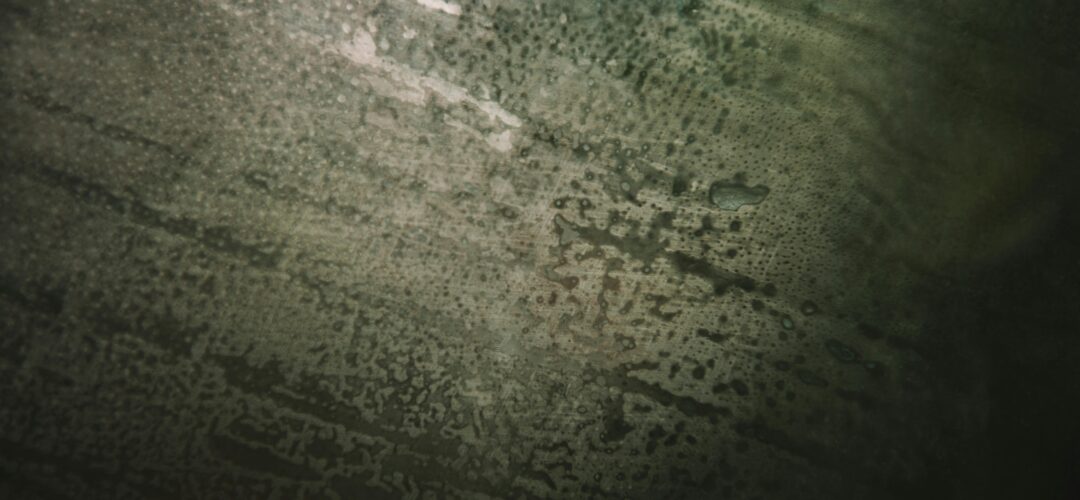Window privacy film is generally safe when properly installed and used according to the manufacturer’s instructions.
However, there are a few considerations to keep in mind…
- Chemical Composition – Most window privacy films are made from vinyl or polyester materials. Ensure that the film you choose is free from harmful chemicals such as phthalates or volatile organic compounds (VOCs), especially if you’re concerned about indoor air quality.
- Installation – Improper installation can lead to air bubbles, which may not only detract from the aesthetics but also compromise the effectiveness of the film. Make sure to follow the installation instructions carefully or consider hiring a professional installer.
- Adhesives – Some window films use strong adhesives to stick to the glass. While these adhesives are generally safe once the film is installed, it’s essential to avoid direct contact with them during installation to prevent skin irritation.
- Glass Compatibility – Check that the film is compatible with the type of glass you have, particularly if you have low-emissivity (Low-E) or coated glass. Applying incompatible films could damage the glass or void any warranties.
- UV Protection – Many privacy films offer UV protection, which can be beneficial for reducing sun damage to furniture and flooring, as well as protecting your skin from harmful UV rays.
- Maintenance – Regular cleaning and maintenance are essential to keep the film in good condition and ensure its longevity. Most films can be cleaned with mild soap and water, but abrasive cleaners should be avoided.
When used as directed, window privacy film is a safe and effective way to enhance privacy, reduce glare, and improve energy efficiency in your home or office. If you have specific concerns or sensitivities, it’s always a good idea to research the specific product you’re considering or consult with a professional.






